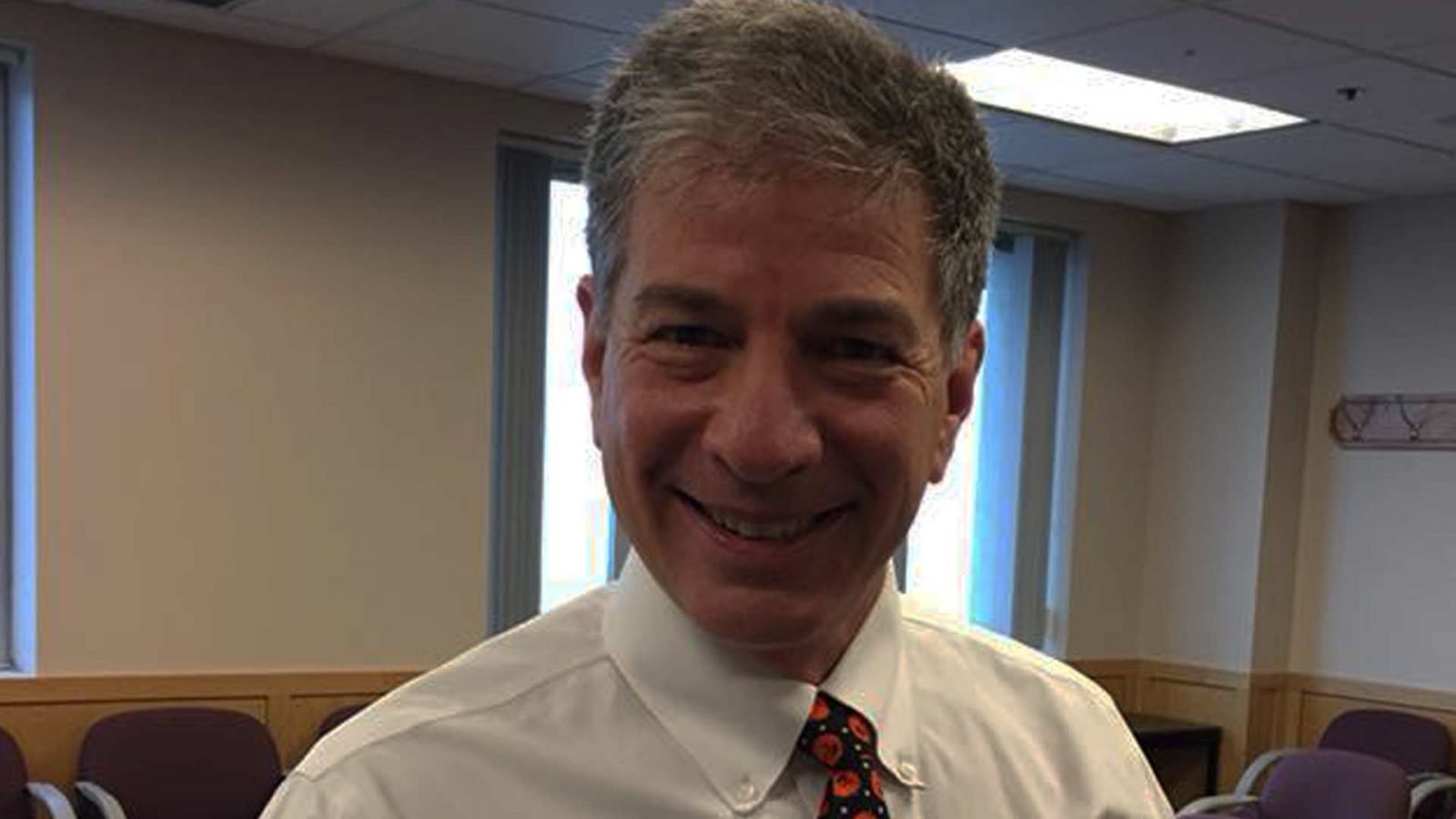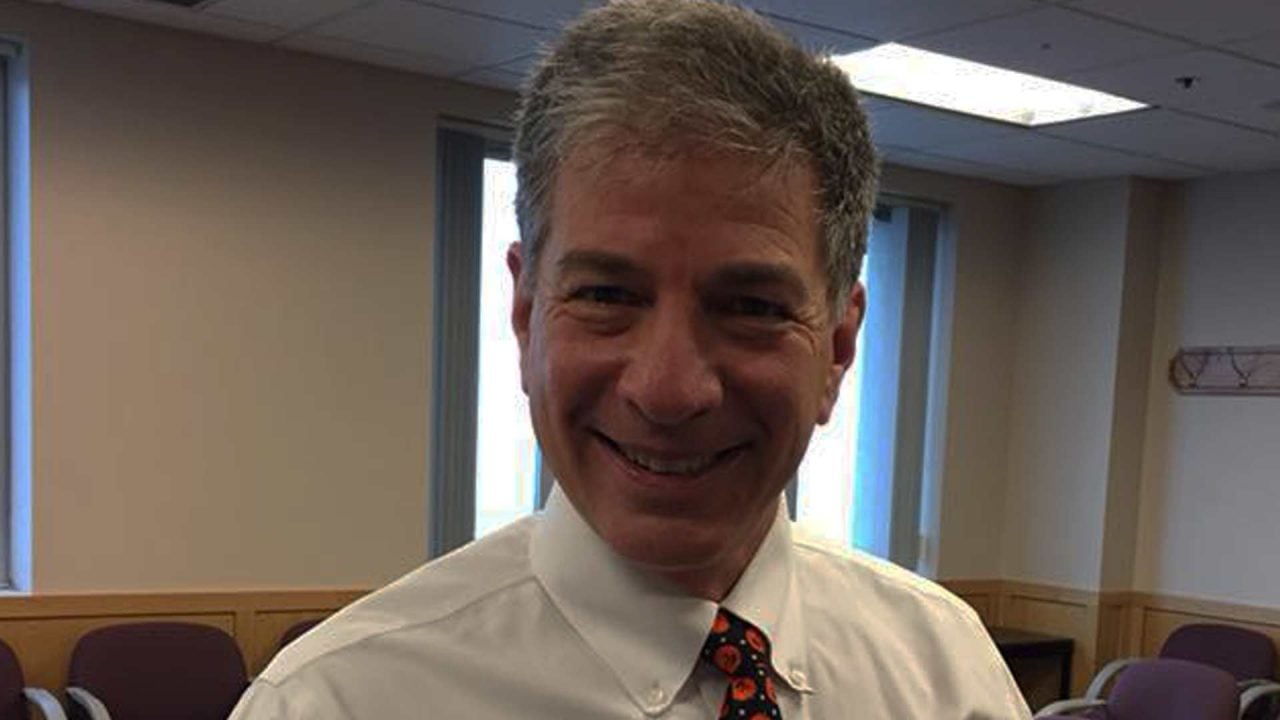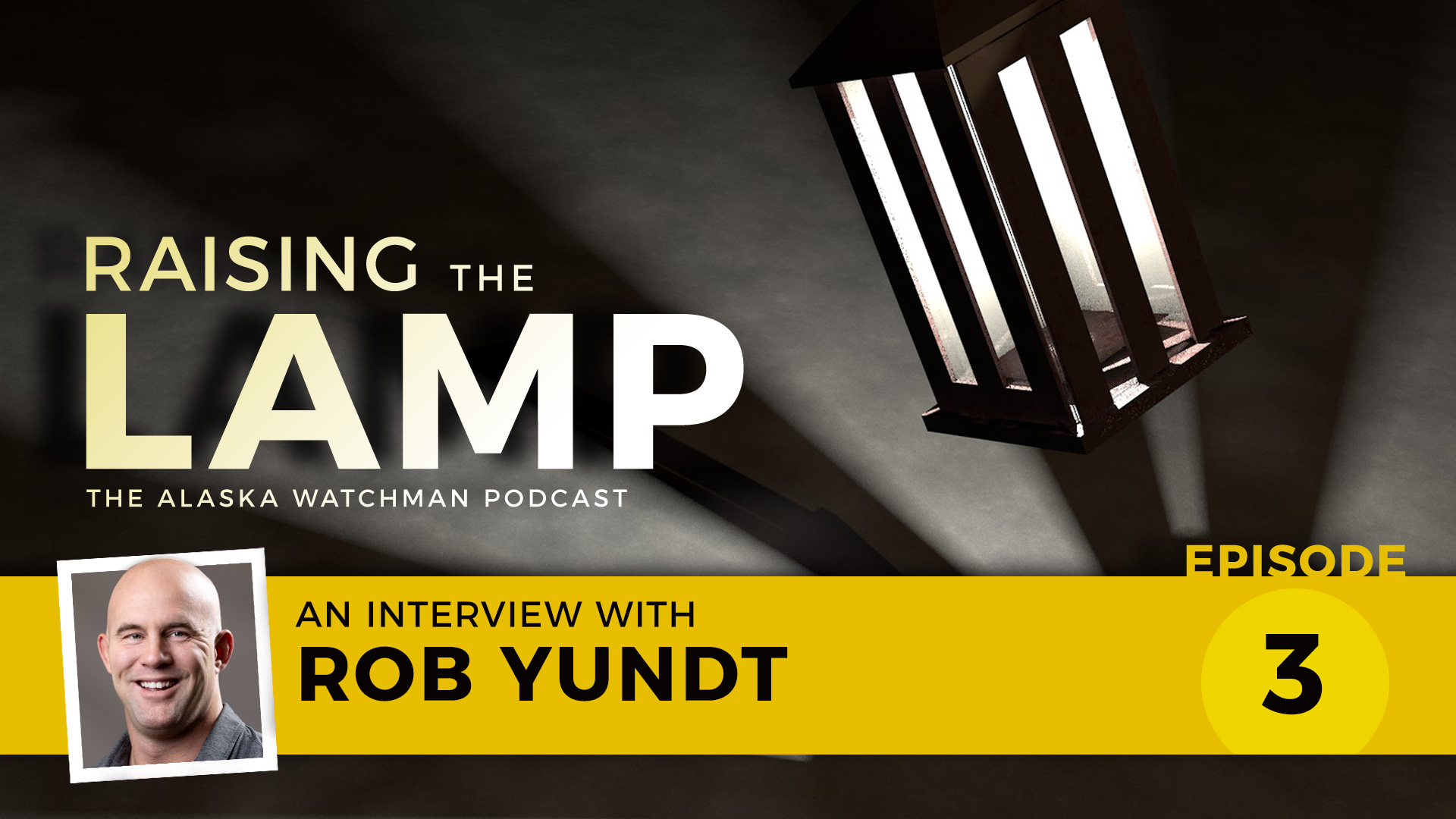
With an upcoming protest planned by Anchorage business owners desperate to get back to work, Mayor Ethan Berkowitz released his “roadmap” for reopening a city which has been largely shutdown since March 20 due to COVID-19.
At an April 20 press conference, Berkowitz described his plan as “fairly straight forward” but provided few details regarding timelines or specific requirements that must be met before easing his restrictions.
In order to start opening so-called “non-critical” businesses and allowing public events, Berkowitz’s plan requires the ability to “test and screen widely.” When pressed on just how many people need to be tested, Anchorage Health Department Director Pineda Natasha couldn’t say.
“I can’t tell you right now the exact number,” she said during the press conference.
Specific timelines were also murky.
“I understand how stressful this is and the urgency of getting back to business as usual. That is not going to happen for a good long period of time.”
“There shouldn’t be hard dates for when we get to a specific place,” Berkowitz said. “It’s the triggers we are looking for.”
Berkowitz’s first set of triggers includes wider testing, a 14-day downward trend in case counts, sufficient medical equipment, tracking positive cases and quarantining those who are infected. A reporter asked how the mayor would determine if metrics had been sufficiently met in order to begin easing restrictions.
“This is not a rigid mathematical formula,” Berkowitz said. “This is a generalized way of looking at the problem set of what COVID is doing in the community.”
As for now, the city remains in “hunker down” mode, he added. “We haven’t quite achieved all of these benchmarks.”
Berkowitz’s approach differs from that of Gov. Mike Dunleavy. The governor’s team believes the state has sufficient medical supplies, hospital space and testing equipment. They also point to the relatively low number of infections statewide and have announced plans to reopen some service and retail sectors across the state.
Berkowitz said he has a separate set of concerns in dealing with Anchorage than Dunleavy has in attending to the state.
“Their plan is slightly different than ours, but our principles are the same,” Berkowitz said.
ALASKA WATCHMAN DIRECT TO YOUR INBOX
He admitted, however, that his emergency orders are taking a toll on residents desperate to resume working.
“A rampant pandemic is bad for business, and people need to recognize that,” Berkowitz said in defending his orders. “I understand how stressful this is and the urgency of getting back to business as usual. That is not going to happen for a good long period of time.”
He also reminded residents to “be kind during this period of time.”
“I would encourage all of us to engage in the kind of conduct that reflects the fact that we live in a community that not only celebrates our rights but also has responsibilities to one another – and to behave accordingly,” he said.
Berkowitz largely dismissed the upcoming April 22 protest in which business owners will drive vehicles through the city to show support for allowing all businesses to operate under the same health and safety guidelines.
“You’ve got to think of the other demonstration that is going on all the time and that’s the demonstration of the general public who is hunkered down and is doing that willingly and ably,” he said of those following his emergency orders. “I think that demonstration is vastly larger and represents a much more significant percentage of the public.”
The caravan protest aims to highlight the disparity of allowing certain so-called “essential” businesses to remain open, while forcibly closing others.
Berkowitz suggested that the protesters try and persuade him rather than pressure him.
Berkowitz said he classified some businesses (which includes pot shops) as essential, based on Homeland Security guidelines and looking at what some other communities across the country had done.
“There’s no pretense that this is the best, perfect way of proceeding,” he said, “But it was the best information we had at the time and we’re going to continue to try and refine it as we move forward.”
Speaking of the upcoming protest, he said people are free to exercise their First Amendment Rights, so long as they “do it safely and follow the rules of hygiene and physical separation that everyone has to follow at all times.”
He suggested that the protesters try and persuade him rather than pressure him.
“I think pressuring people to make a decision that runs counter to science and runs counter to what the medical professionals have to say, is a tough sell,” he said. “But, again, people have their First Amendment rights to say whatever they like.”
“If anyone flagrantly violates the rules, there are consequences for that.”
Unlike Gov. Dunleavy who said he has no plans to use coercion to force Alaskans to abide by statewide health mandates, Berkowitz said he is going to be “especially vigilant” in making sure people comply with his Anchorage protocols.
“We have an entire set of trained observers out there that we didn’t have a month ago, and that’s the public that is now aware of what constitutes the right kind of behavior when you’re dealing with the COVID pandemic,” he said. “I’m sure that we are going to be fielding all manners of public complaints and public advisements about what’s going on. The code enforcement team at the municipality has been epic. They have done a fantastic job.”
He added, “If anyone flagrantly violates the rules, there are consequences for that.”







